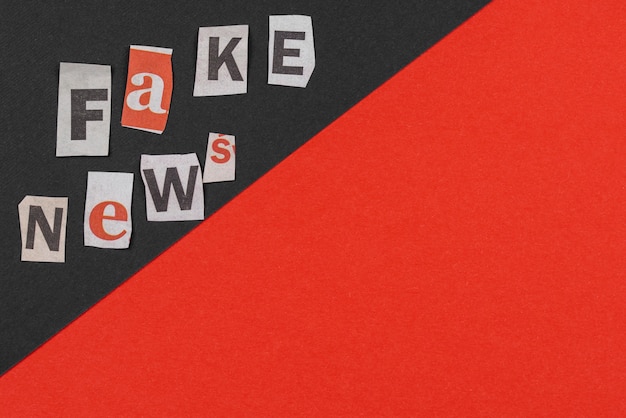Hormones significantly impact weight loss and muscle gain in women, especially during key periods such as puberty, pregnancy, and menopause. Hormonal fluctuations can influence metabolism, appetite, and energy levels.
They are essential in managing body processes such as metabolism and energy balance. Insulin regulates blood glucose levels, Ghrelin stimulates the appetite, Cortisol can increase appetite and lead to muscle breakdown, and Estrogen helps regulate fat distribution and muscle mass.
Hormones impact metabolism, energy expenditure, and fat storage. These include thyroid hormone, insulin, cortisol, testosterone, growth hormone, estrogen, and leptin.
There are seven key hormones – Estrogen, Insulin, Cortisol, Thyroid Hormone, Leptin, Ghrelin, and Testosterone, each directly or indirectly affecting weight loss or muscle gain.
Hormonal changes across different life stages such as pregnancy, menopause, Polycystic Ovary Syndrome (PCOS), aging, peri-menopause, and breastfeeding can influence weight and muscle gain or loss.
Indications of hormonal imbalances include weight gain, struggle in losing weight, muscle loss, fatigue, depression, constipation, hot flashes, and excessive sweating.
To diagnose hormonal imbalances, physical exams, symptom checks, and blood tests are often required. They are usually treated with hormone replacement therapy or hormonal birth control, with ongoing monitoring to ensure the treatment is effective and safe.
Understanding the role of hormones in these processes can help women make informed decisions about their diet, exercise, and overall health. Regular exercise, a balanced diet, and stress management are crucial strategies for hormonal health.

